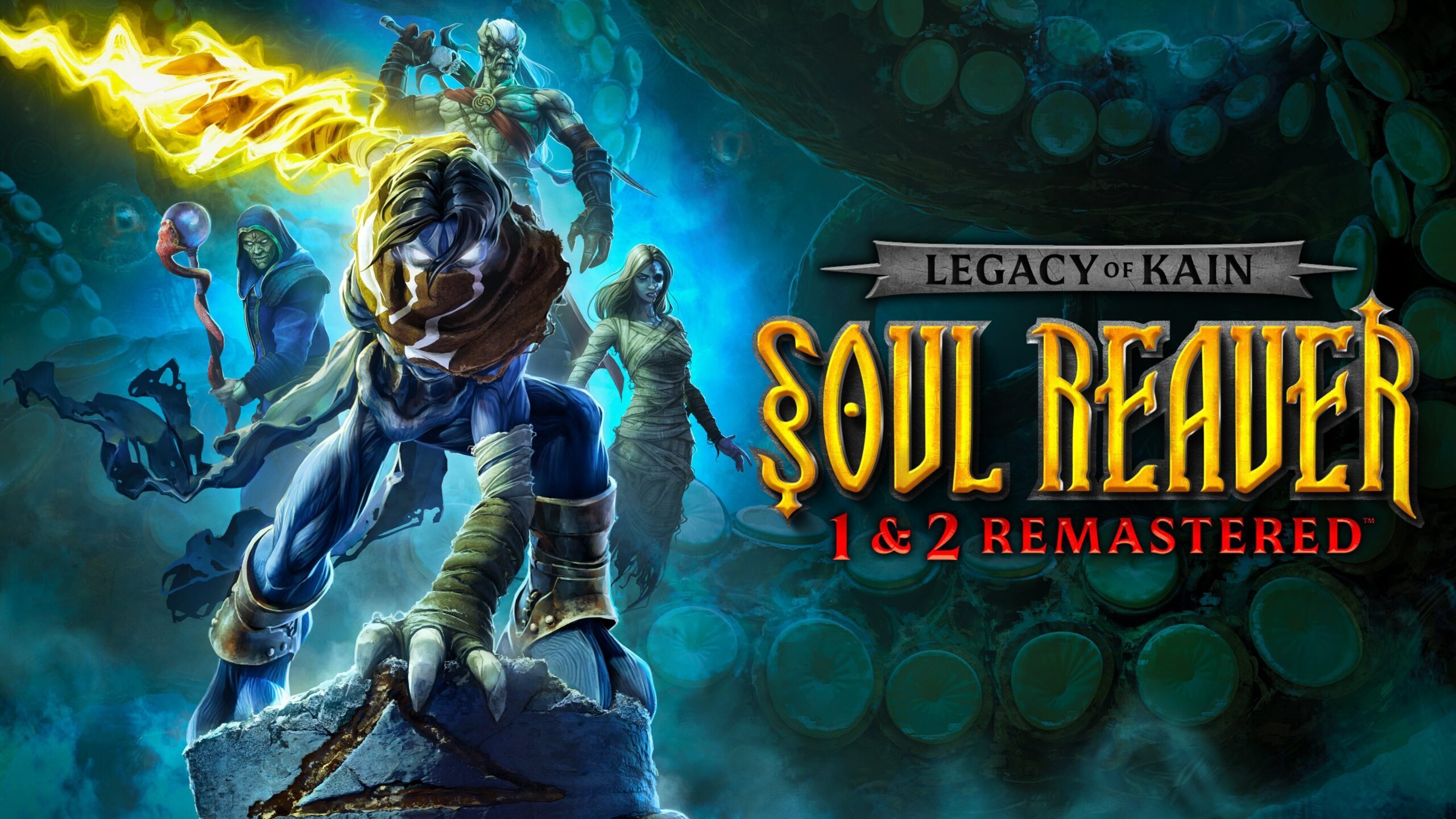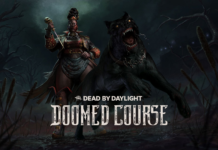Celebrating 25 Years of Legacy of Kain: Soul Reaver with Remastered Editions for PS4 and PS5
Twenty-five years ago, the gaming world was introduced to the enigmatic vampire Raziel through the iconic game, Legacy of Kain: Soul Reaver. In the game’s dramatic opening, Raziel is betrayed and executed by his master, the vampire emperor Kain. Despite enduring immense suffering and disfigurement, Raziel rises eons later as the vengeful blue wraith we all came to admire.
Back in 1999, the gaming landscape was vastly different. Deep narratives were a rarity, and fully voiced cut-scenes were almost unheard of. Soul Reaver, however, had both, quickly securing its place as a classic in the gaming community.
To mark the 25th anniversary of this legendary game, Aspyr has announced the release of Legacy of Kain: Soul Reaver 1 & 2 Remastered for PlayStation 4 and PlayStation 5. This remaster aims to bring the beloved game to modern hardware, ensuring it feels fresh while preserving the original’s essence.
Remaster Pillars Defined
Aspyr’s approach to remastering games emphasizes maintaining the original’s integrity while enhancing it with modern visual and quality-of-life improvements. This philosophy ensures that both new and old fans can enjoy Raziel’s adventures in a way that feels natural and immersive.
Performance with Pixel-Perfect Preservation
One of the key engineering goals for this remaster was to ensure performance with pixel-perfect preservation. Thanks to Crystal Dynamics providing the original source code, Aspyr could start with the original engine and a complete set of assets. This foundation allowed them to deliver the same combat, puzzles, and boss fights, maintaining the same balance and feel as the original game.
Soul Reaver was known for its environmental storytelling and innovative mechanics, such as allowing players to shift between the material and spectral realms. These mechanics pushed the limits of computer memory in the ’90s, and Aspyr’s engineering will preserve that legacy for players, whether they are returning to Nosgoth or visiting for the first time.
Moreover, Aspyr has integrated a feature that lets players toggle between classic and modern game art on the fly, all without impacting performance. This means players can experience the game as they remember it or enjoy it with updated visuals.
Enhancing Gameplay for Hardcore Fans
The narratives in Soul Reaver are powerful and complex, featuring iconic performances by Michael Bell as Raziel, Simon Templeton as Kain, and Tony Jay as the Elder God. The visionary work of Amy Hennig in writing and directing this game when the tools were still developing is also noteworthy.
Aspyr aimed to enhance the experience for hardcore fans without disrupting the original design intentions. Here are some of the key additions:
Control Improvements
When Soul Reaver was first released, the D-PAD was the dominant control method. The remaster ensures that with DualShock 4 and DualSense, analog control feels and plays as great in Soul Reaver as it did in Soul Reaver 2.
Camera Upgrades
The camera in Soul Reaver has been mapped to the right stick, allowing players to move the camera on the Y-axis. This means you can now look up and enjoy vibrant skies and platforms above, something that wasn’t possible in the original game due to the lack of robust skyboxes.
Trophies
Aspyr is introducing trophies as a nod to the community for the most iconic gameplay moments. More specifics on this will be shared at a later date.
Map & Compass
Navigating the vast, open world of Nosgoth can be daunting, especially for first-timers. To assist with this, Aspyr has added a map and compass to help players find their next objective. This map is a brand new creation, co-developed by Aspyr, Crystal Dynamics, and key members of the Legacy of Kain community. It’s one of the most beautiful additions to the game and a celebration of the fans who have kept the game alive for so long.
Photo Mode
A popular feature from Tomb Raider I-III Remastered returns in Soul Reaver. The photo mode allows players to showcase some of the best gameplay moments from Soul Reaver 1 & 2.
Additional Surprises
Aspyr has a few more surprises in store, but they are keeping them under wraps for now to maintain the excitement.
Visual Enhancements: Art Goals
Aspyr’s goal was to make the game look as good as players remember. Here are the art changes they’ve implemented:
Higher Fidelity Cut-Scenes
Rendering cut-scenes with higher fidelity models was a challenge due to the need for the right assets. Aspyr’s engineering teams combed through archives to find the necessary files, ensuring a seamless transition from modern gameplay mode to cut-scene.
New Hero Models
Raziel and Kain’s models have been updated, inspired by the look of the original pre-rendered cut-scenes.
Glowing Eyes and Wraith Blade
Raziel’s eyes and the Wraith Blade now have a glow, taking advantage of lighting upgrades.
Real-Time Shadows
Real-time shadows have been applied to all characters and objects, enhancing the game’s visual depth.
New Enemy and Boss Models
The new models for enemies and bosses are a bit scarier than the originals, adding to the game’s immersive experience.
Day and Night Cycle
A legacy feature that was cut from the final release has been restored, adding mood and atmosphere to Nosgoth.
Graphics Toggle
Players can swap back to the original graphics at any point during gameplay, including in Photo mode. This feature allows players to experience the game as they remember it or with updated visuals.
Conclusion
The remastering of Legacy of Kain: Soul Reaver 1 & 2 is a tribute to the original game’s legacy. Aspyr, Crystal Dynamics, and the community have worked together to bring Raziel’s story to a new generation of gamers while preserving the essence of what made the original so iconic.
Mark your calendars for December 10, when the remastered editions will be available on PlayStation 4 and PlayStation 5. Pre-orders are available today on the PlayStation Store.
For more information, you can visit the original announcement on the official website.
For more Information, Refer to this article.



































